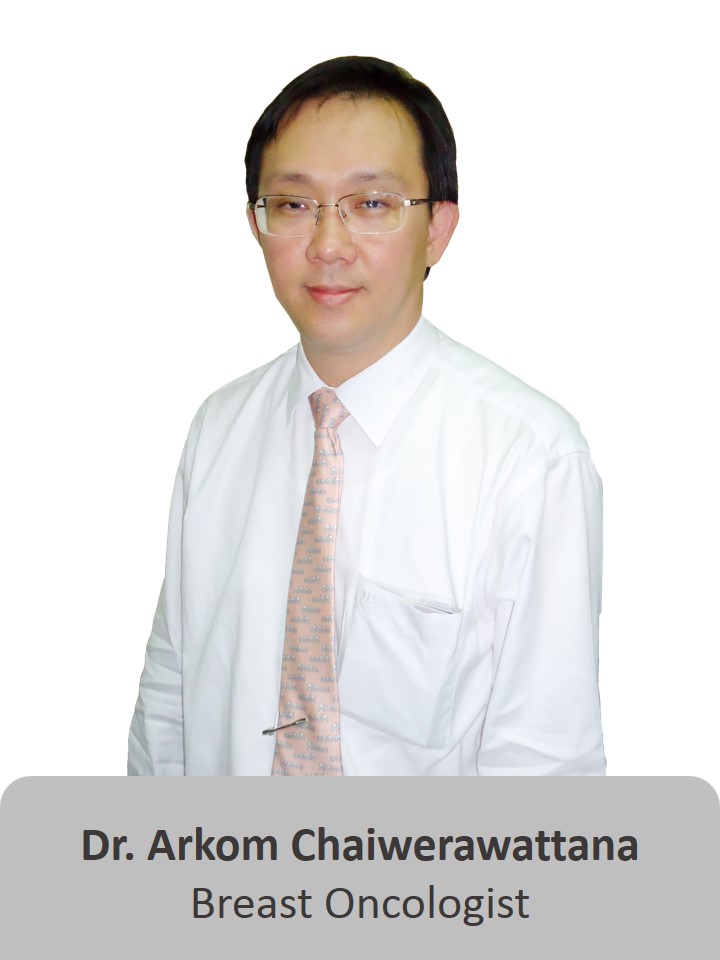Breast Cancer

Breast Cancer is the second most common cancer in females after cervical cancer, with the incidence of breast cancer increasing in females from 40 years and old. Causes of breast cancer are multifactorial, including genetics, environment, eating a high-fat diet, and female hormones.
Features found to place females at risk of developing Breast Cancer
- Early menarche (first menses) and late menopause
- Having the firstborn child at more than 35 years of age
- Childless females
- Chronic intake of hormonal contraceptives
- History of ovarian cancer, cervical cancer, or previous breast cancer of one breast
- Eating a high-fat diet
However, it has been found that 70% of women diagnosed with breast cancer may not have any of the above risk factors. Thus is becomes important for all women, regardless of the presence or absence of risk factors, to take precautions against breast cancer.
Signs and symptoms of Breast Cancer
- Breast cancer may start as a small palpable lump in the breast without any pain or tenderness
- Rapid growth of a breast mass, causing the breast to feel enlarged or hardened
- The nipple of the affected breast may become abnormally inverted, or the skin may have a coarse dimpled appearance
- Yellowish or blood nipple discharge
- Lymph nodes at the armpit of the affected side may enlarge due to tumor spread
- An open wound may form over the mass
Diagnosis and Treatment of Breast Cancer
- When you seek medical consult, the doctor will ask questions about your family history, menstrual history, any hormone intake and regular diet. A medical examination will be performed to assess both breasts (the skin, the nipples and palpation for any lumps), examination of both axillary and lower neck regions to assess for lymph node enlargement, and examination of the abdomen.
- Mammography and ultrasonography are imaging modalities can identify both palpable and nonpalpable breast masses. If a suspicious breast mass is found, other investigations such as chest film or ultrasound of the abdomen may be performed to assess the stage of the disease.
Treatment
The main types of treatment for breast cancer used either as single or combination therapies are surgery, radiation therapy, hormonal treatment and chemotherapy. The doctor will choose the most appropriate single or combination of treatments that are best for you.
Prevention of Breast Cancer
Since breast cancer in its earliest forms have no symptoms, it is important to watch out for it in other ways. The earlier breast cancer is found, the higher the chance of complete cure. Guidelines for breast cancer surveillance are as follows:
- Women less than 20 years old should perform breast self-examination on a monthly basis.
- Women aged 40 years and above should have a yearly mammogram.
- If a mother or sister has had breast cancer, a mammogram should be performed 5 years earlier than the age of cancer diagnosis in the affected relative.
* The exact cause of breast cancer is unknown. Prevention and early detection of breast cancer are the best way to treat it.
Our Breast Specialists:
Appointment / Inquiries:
Tel: (+662) 282-1100
Fax: (+662)280-0441
Email: This email address is being protected from spambots. You need JavaScript enabled to view it.
Website: www.mission-hospital.org






